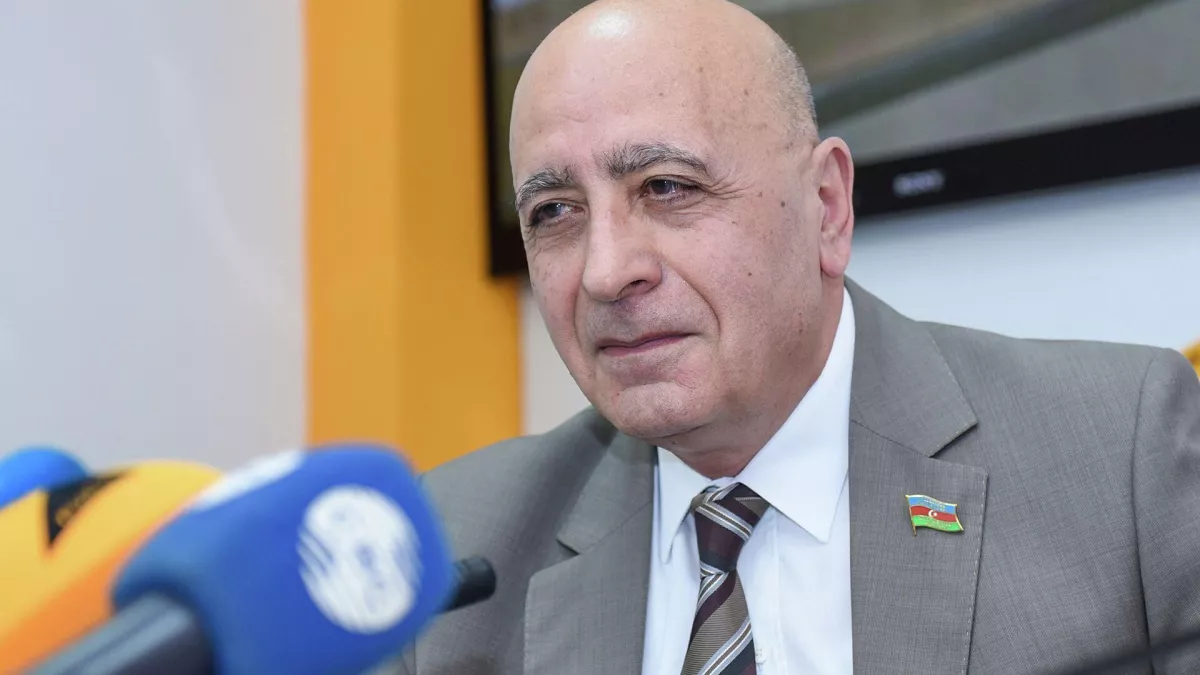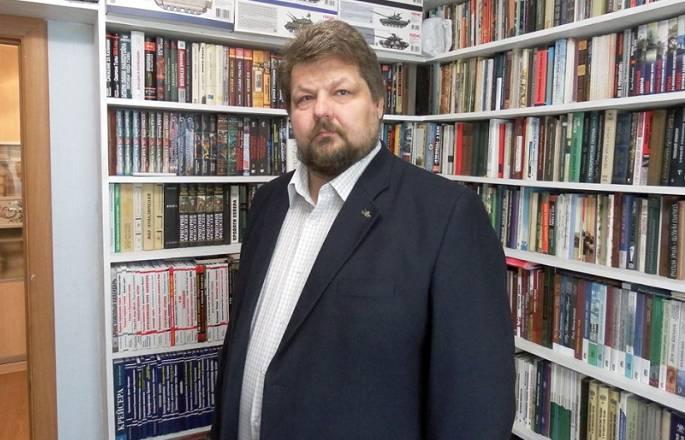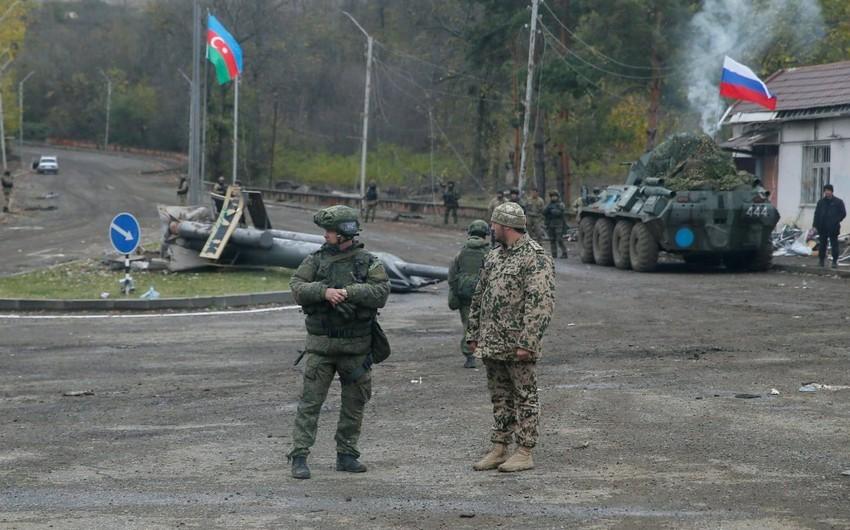Armenia's borderlands: Russian guards out, European spies in Pundits weigh in on regional ramifications
Starting January 1, 2025, Russian border guards will no longer be stationed at the Armenia-Iran border checkpoint, a decision reportedly agreed upon by Russian President Vladimir Putin and Armenian Prime Minister Nikol Pashinyan during a meeting in Moscow. Nazeli Baghdasaryan, the Armenian Prime Minister's press secretary, confirmed the arrangement. "An agreement was also reached that from January 1, 2025, the border troops of the NSS (National Security Service of Armenia) will take over the protection of the Armenia-Iran and Armenia-Türkiye state borders, and the service at the checkpoint on the Armenia-Iran border will be fully handled by NSS border troops," said Baghdasaryan.
This development marks the end of a longstanding arrangement between Russia and Armenia, established by an agreement signed on September 30, 1992, which positioned Russian border guards at Armenia’s borders with Iran and Türkiye. The Russian and Armenian governments have equally shared the responsibility of maintaining these forces for decades.
The gradual withdrawal of Russian border guards raises questions about the implications for regional dynamics. In response, Caliber.Az spoke with Azerbaijani MP Rasim Musabayov and Russian military expert Alexei Khlopotov for their perspectives.

Rasim Musabayov emphasized that Armenia is systematically moving to replace Russian forces with its own at the Armenia-Iran and Armenia-Türkiye borders. He noted, "Armenia wants to take over the existing infrastructure in good condition from Russian hands. However, many Russian border guards currently stationed there are ethnic Armenians, and they are likely to transition quietly into Armenian armed forces rather than return to Russia, which is grappling with instability and conflict."
The initial phase of this transition is focused on border checkpoints, which are crucial for Armenia, as they manage strategic cargoes and foreign visitors. However, other parts of the border remain under Russian control for now, although they too will eventually be transitioned to Armenian forces.
Musabayov believes that Russia itself may be motivated to withdraw its forces, as Moscow faces significant military and financial strains on other fronts. "For Azerbaijan, these developments do not pose any threat. Armenia is simply attempting to reassert its sovereignty, a key element of which is independent control over its state borders," Musabayov concluded.

Russian military expert Alexei Khlopotov believes that Yerevan is actively pursuing a policy of distancing itself from Moscow, gradually squeezing Russia out of Armenia. “It's quite clear that France is behind these trends,” Khlopotov explained. He noted that Russia currently lacks the political and administrative resources to counter this shift. While the 102nd Russian military base will likely remain in Armenia until the expiration of the current agreement, Khlopotov acknowledged that force majeure or the termination of the agreement could occur if anti-Russian sentiments continue to rise in Armenia. “In general, the negotiations in Moscow suggest that Russia is accepting the reality and is prepared to scale back its presence in Armenia,” Khlopotov added, highlighting Russia's strained resources due to the war in Ukraine.
Khlopotov also emphasized that the withdrawal of Russian forces from the Armenian-Iranian border does not pose a direct threat to Azerbaijan. In fact, the demilitarization of Armenian territory is underway as no significant force has replaced the departing Russian troops. "I do not foresee any large Western military contingents entering Armenia. At best, we might see limited special operations units or EU observation missions, but no heavy equipment. Europe, too, is constrained by the war in Ukraine."
He also noted that Armenia’s recent acquisitions of surface-to-air missile systems might be part of Yerevan's strategy to substitute Russian military equipment that will be withdrawn. "For instance, Armenia’s S-300 divisions covering its territory will need to be replaced with similar systems. Armenian provocations on the border, however, are independent of this process. These incidents have occurred before and may continue, as Baku seems to understand. The presence of Russian peacekeepers in Karabakh did not prevent provocations from the Armenian side," Khlopotov said.

According to the pundit, despite Armenia's efforts to arm itself, the country is far from becoming a formidable military power due to a lack of financial resources. “No matter how much Armenia arms itself, it simply does not have enough money to purchase high-tech weapons,” he explained, emphasizing that global weapons prices are on the rise.
"While acquiring anti-aircraft missile systems is still possible, simpler weapons and ammunition are becoming increasingly scarce, largely due to the war in Ukraine. This makes it significantly harder for Armenia to build up its military, even if it manages to secure the necessary funding," the expert added.
Khlopotov expressed concern over the potential ramifications of the Russian military's withdrawal from Armenia, particularly regarding Iran's possible actions. "The only real cause for concern with the Russian withdrawal from the Armenian-Iranian border zone is Iran. Given the current developments in the Middle East, Tehran has the potential to destabilize the region, and its actions remain highly unpredictable," Khlopotov concluded.








